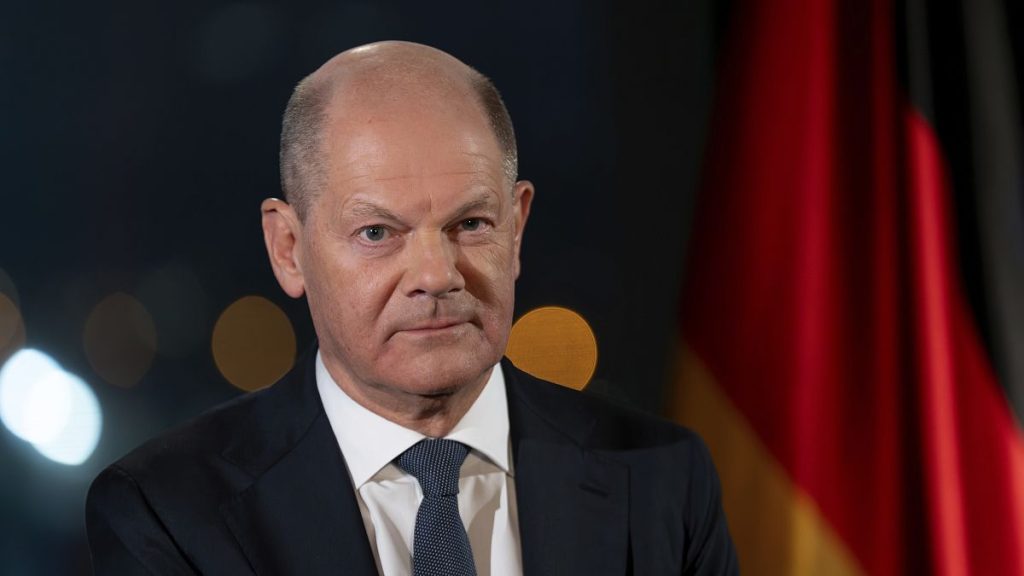German Chancellor Olaf Scholz has dismissed Elon Musk’s personal attacks as unimportant but expressed concern over Musk’s endorsement of Germany’s far-right AfD party. Musk, a close ally of US President-elect Donald Trump, called the chancellor a “fool” after his coalition government collapsed in November. Musk later backed the AfD in an opinion piece he wrote for a major German newspaper. Scholz, head of the Social Democratic Party of Germany (SPD), expressed worry that Musk is trying to get involved in the upcoming general election by endorsing a party that is seen as right-wing extremist and in close alignment with Putin’s Russia. The AfD is closely monitored by Germany’s domestic intelligence service due to suspicions of promoting extremist ideologies.
Scholz emphasized that while personal insults from wealthy media entrepreneurs are not new, his main concern is Musk’s support for a party like the AfD. He urged for caution and said it was more worrying than the insults themselves. Scholz’s concerns were echoed by Vice Chancellor and Economy Minister Robert Habeck, who warned Musk against interfering in German politics. Habeck urged Musk to “Hands off our democracy” and criticized the combination of enormous wealth, control over information, the use of artificial intelligence, and a willingness to ignore rules as a frontal attack on German democracy. Musk has been known for his outspoken opinions and controversial statements, and his endorsement of the AfD has caused significant backlash in Germany.
The upcoming German parliamentary election on February 23 was triggered by the collapse of Scholz’s three-party coalition in November. The coalition fell apart due to a dispute over how to revitalize the country’s stagnant economy. Musk’s endorsement of the AfD in this politically charged environment has raised concerns about foreign interference in German politics. Musk, who recently made significant investments in Germany, defended his right to comment on the country’s political situation. His backing of the AfD in a prominent German newspaper led to the resignation of the paper’s opinion editor in protest. While the AfD is polling strongly, it is unlikely that their candidate, Alice Weidel, will become chancellor due to other parties’ refusal to work with the far-right party.
The AfD, known for its extreme right-wing views and pro-Russia stance, poses a threat to German democracy according to Scholz and Habeck. The party is closely monitored by the German intelligence service and has been recognized as right-wing extremist in some German states. Musk’s support for the AfD has been seen as a dangerous endorsement of a party that promotes divisive and extremist ideologies. Some German politicians have accused Musk of using his wealth and influence to sway public opinion and support a party that is not aligned with democratic values. The controversy surrounding Musk’s endorsement of the AfD has overshadowed his previous investments and contributions to Germany’s economy, leading to further scrutiny of his actions and statements.
The clash between Musk and German political leaders highlights the growing concerns about foreign interference and influence in democratic processes across the world. Musk’s involvement in German politics has sparked a debate about the role of wealthy individuals in shaping public opinion and supporting parties that may undermine democratic principles. Scholz and Habeck’s criticism of Musk’s endorsement of the AfD reflects a broader concern about the rise of right-wing extremism and populist movements in Europe. The upcoming election in Germany will be closely watched to see how these issues play out and whether Musk’s comments will have a lasting impact on the country’s political landscape. As the campaign heats up, the controversy surrounding Musk’s involvement in German politics is likely to continue to stir debate and controversy.


